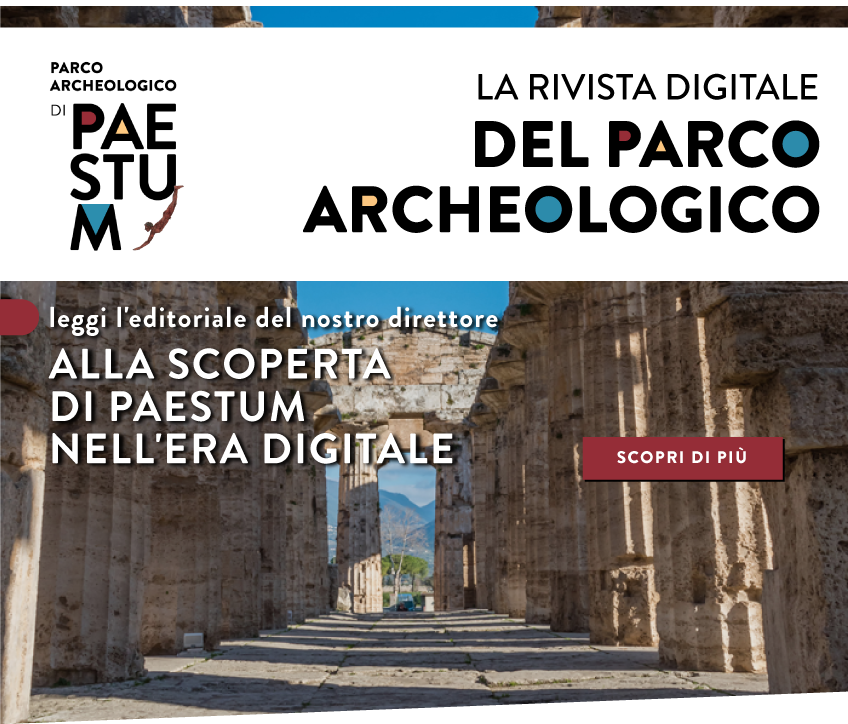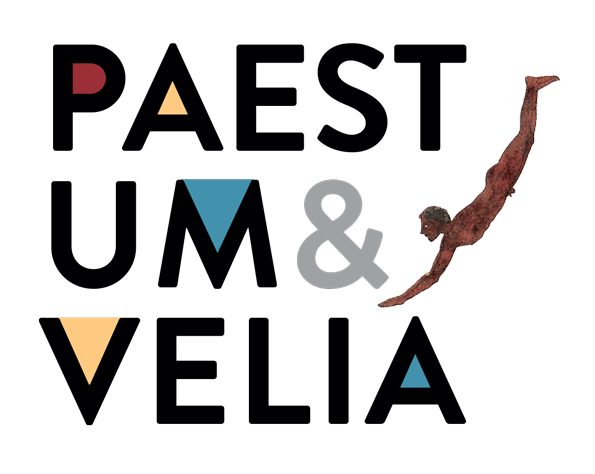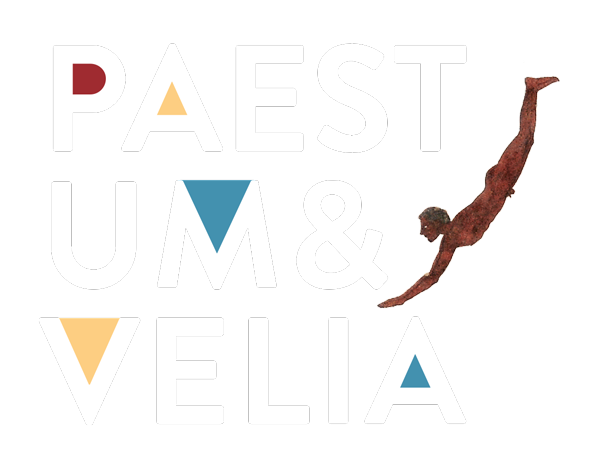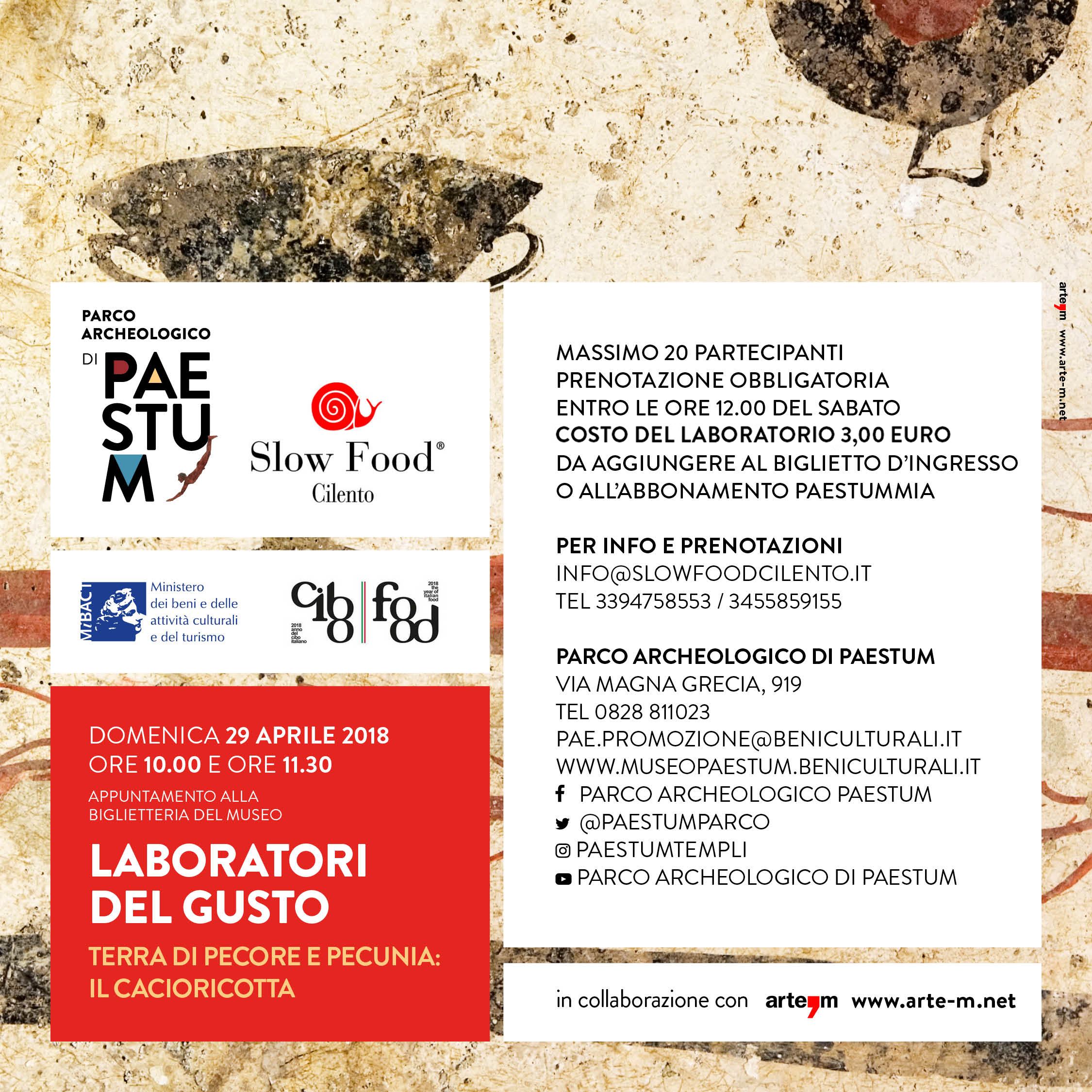DISCOVERING PAESTUM IN THE DIGITAL ERA


ear Readers,[br]
eating today is strictly a private matter. We are of the opinion that the community cannot impose us what to eat and how. In this context, in fact, politics is limited to feeble pleas and advice – as opposed to what happens for vaccinations, for example. Those few who consider eating vegetarian or organic an ethical matter, are considered a little crazy and ridiculous, and yet they could claim to be following the classical tradition, much more than those who see food as a mere individual and private matter.[br][br]
Let us take as an example consumption of meat: in Ancient Greece, there were no butchers. The killing of a farm animal and consumption of its meat always happened in the context of a “sacrifice”, i.e. a specific ritual, often collective. But beware: this fact can be interpreted in two different or even contrasting ways. On the one hand, it may seem that meat was only eaten after a sacrifice (therefore, meat is eaten because there was a sacrifice). On the other hand – and this theory makes sense from the anthropological-comparative point of view – it may seem that every time an animal was killed and its meat eaten, a violent act was taking place, which was sanctioned through the sacrifice (therefore, we need to sacrifice because the animal is butchered and its meat eaten). In burning part of the animal at the altar of the deity, the latter – after having been offended by the explosion of the violence of the sacrificial act – is placated and “reconciles” with humans.[br]
Since the most important collective festivals of the Greek city-states, from Athens to Selinunte and from Paestum-Poseidonia to Cyrene, entailed the sacrifice of farm animals (often oxen), participating in these rituals and eating the meat of the animals sacrificed meant adhering to the community values of the city. After all, refusing to consume meat, as practiced by the “sects” of the Orphics and Pythagoreans, especially common in Magna Graecia, signified an attack to the religious and political system of the city.[br][br]
Between the tableware, showcased this time as the “exhibit of the month”, and the religious-ritual evidence, which also includes the Tomb of the Diver (but with which specific meaning?), there exists therefore a deep connection: in the Greek-Roman world conviviality was not a private activity.[br]
The same way, the Mediterranean Diet is not a method to “lose five kilos in five days”, but a lifestyle, a way to relate to nature and the community. And today, with more than six billion humans on Earth and an agriculture more and more globalized and being deeply transformed, maybe this should be food for thought…[br][br]
![]() [br]
[br]
Director of Paestum Archaeological Park






